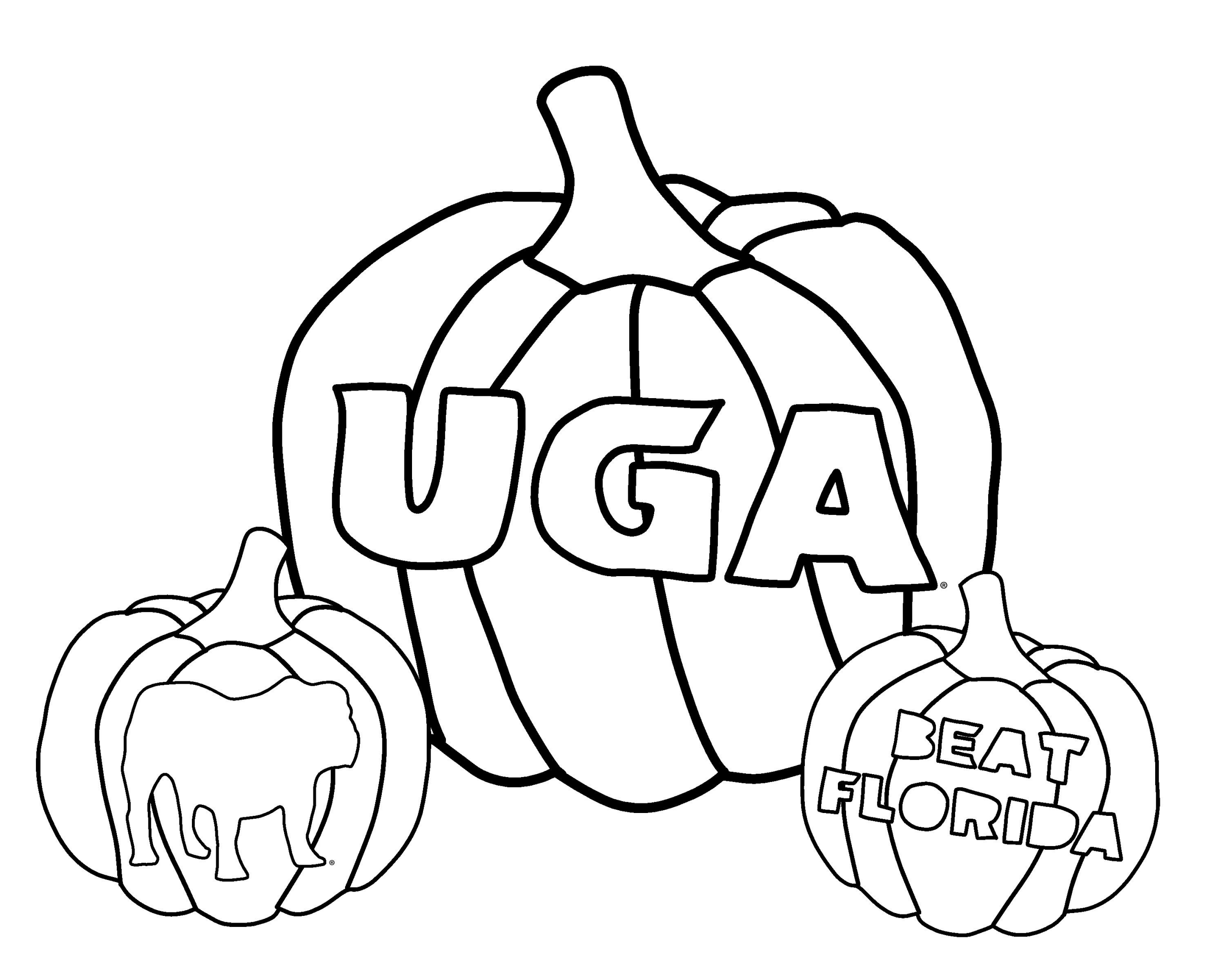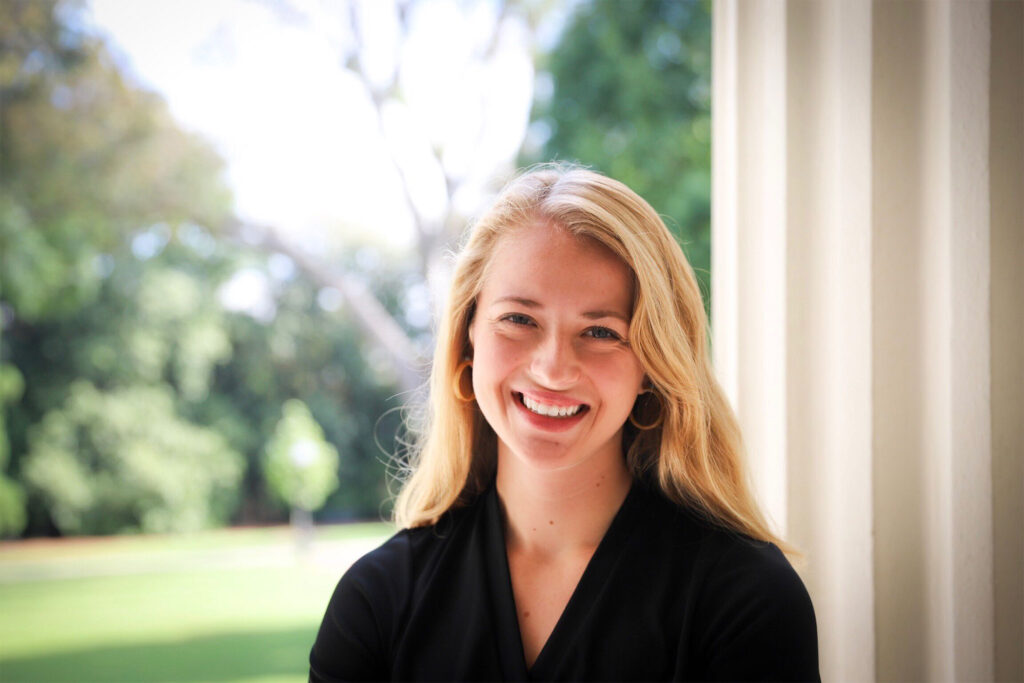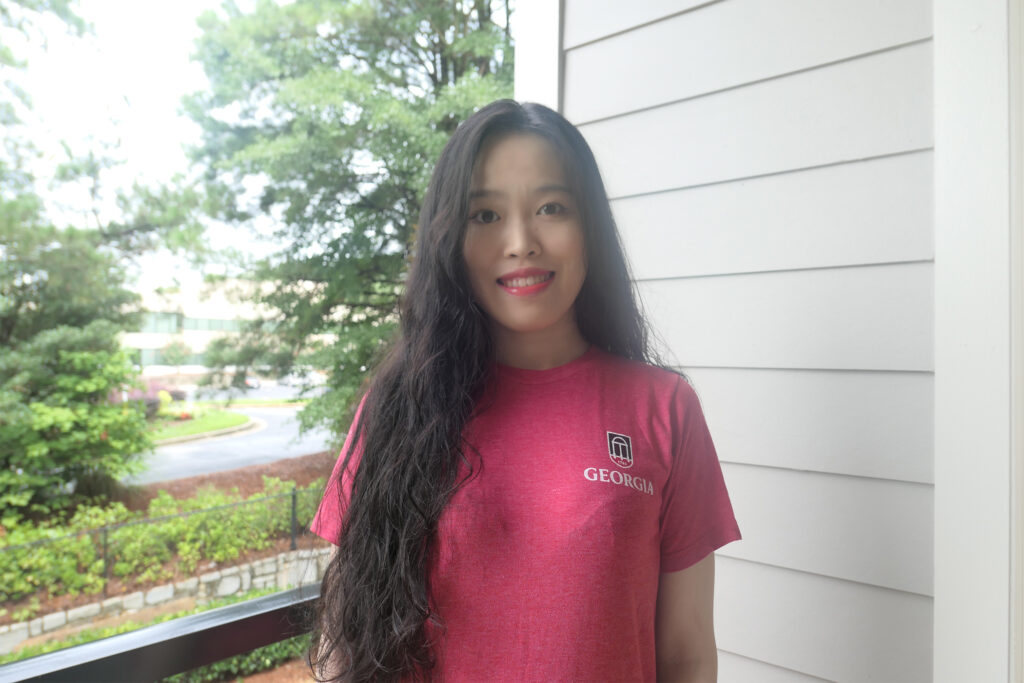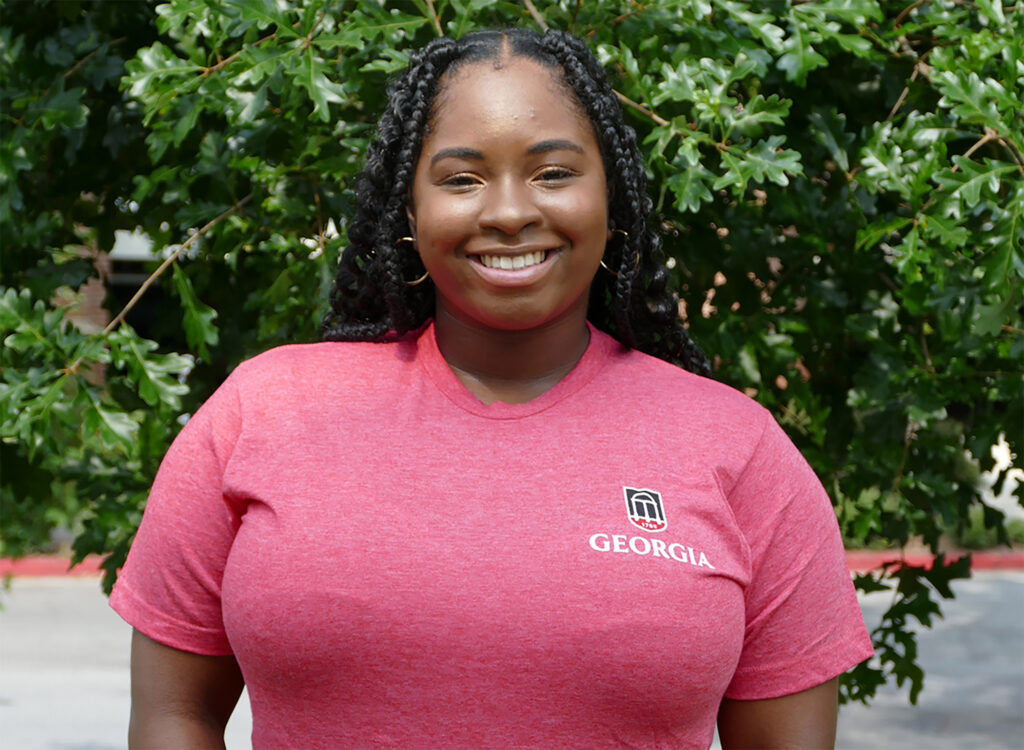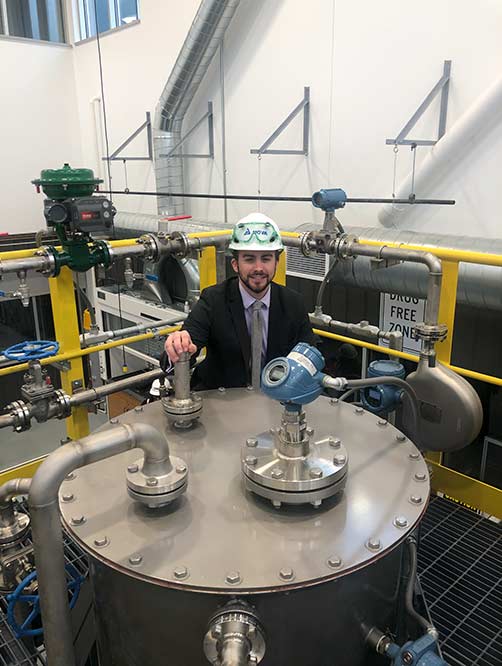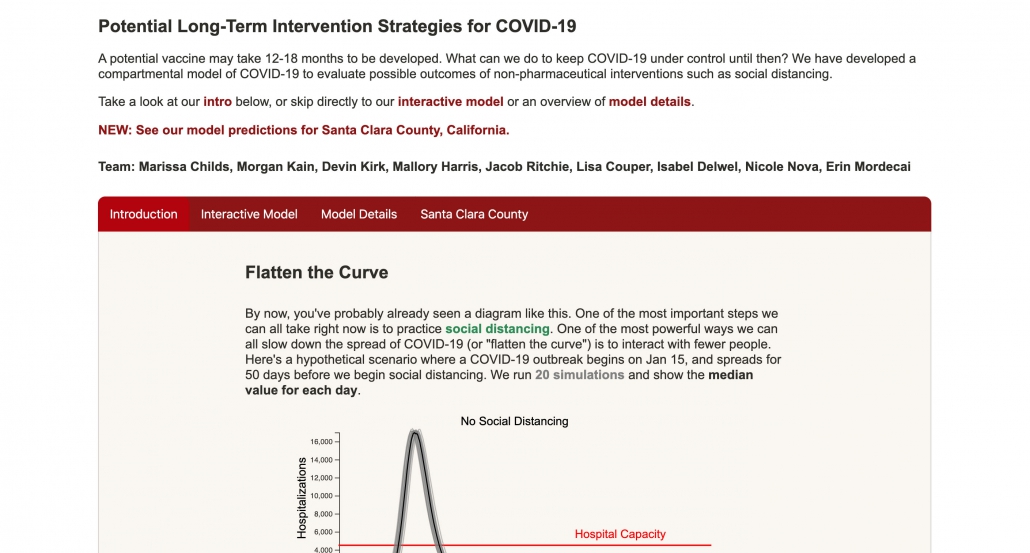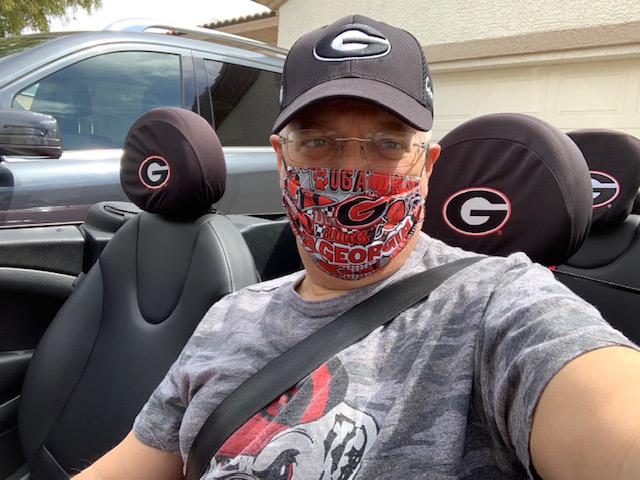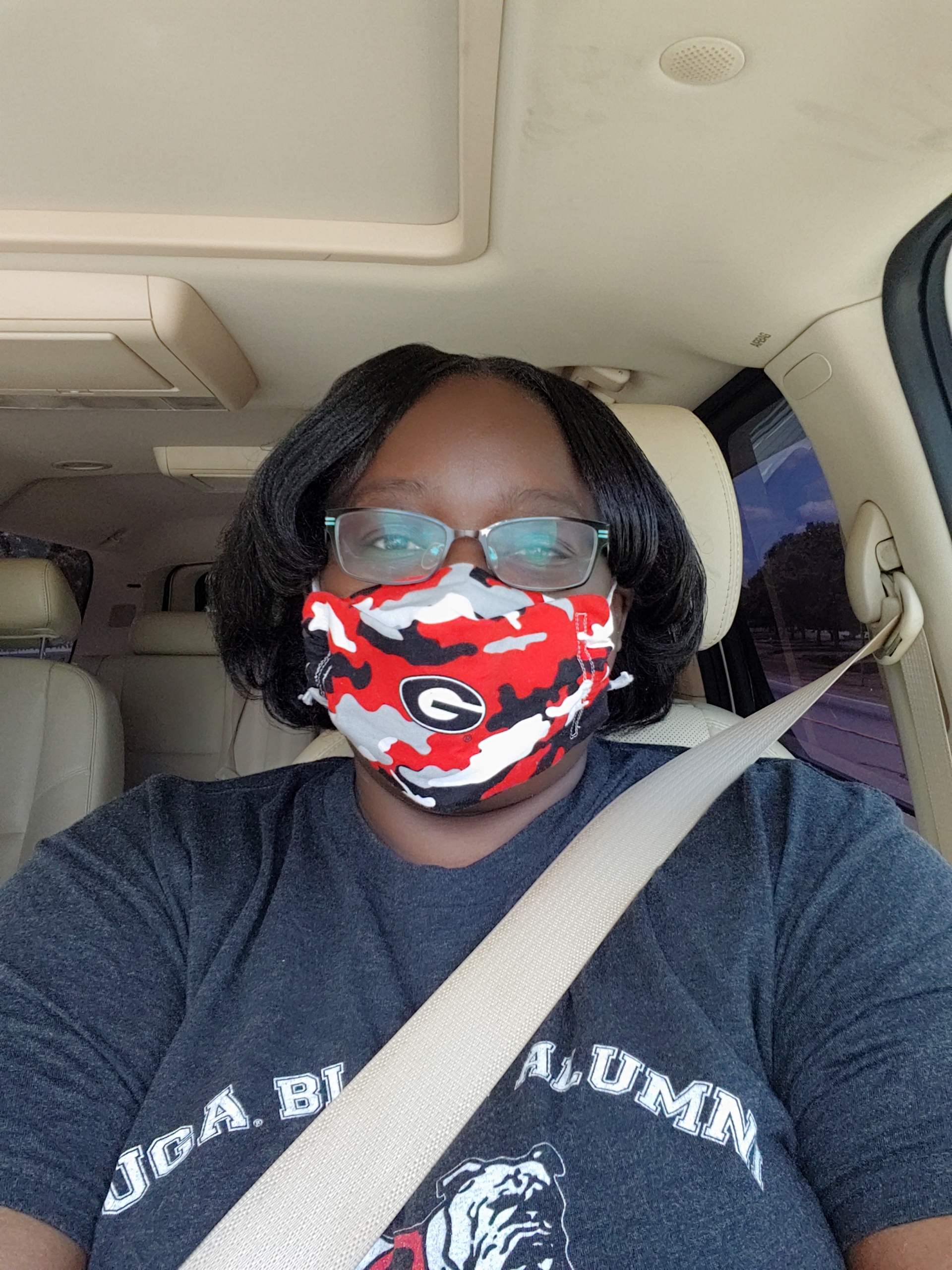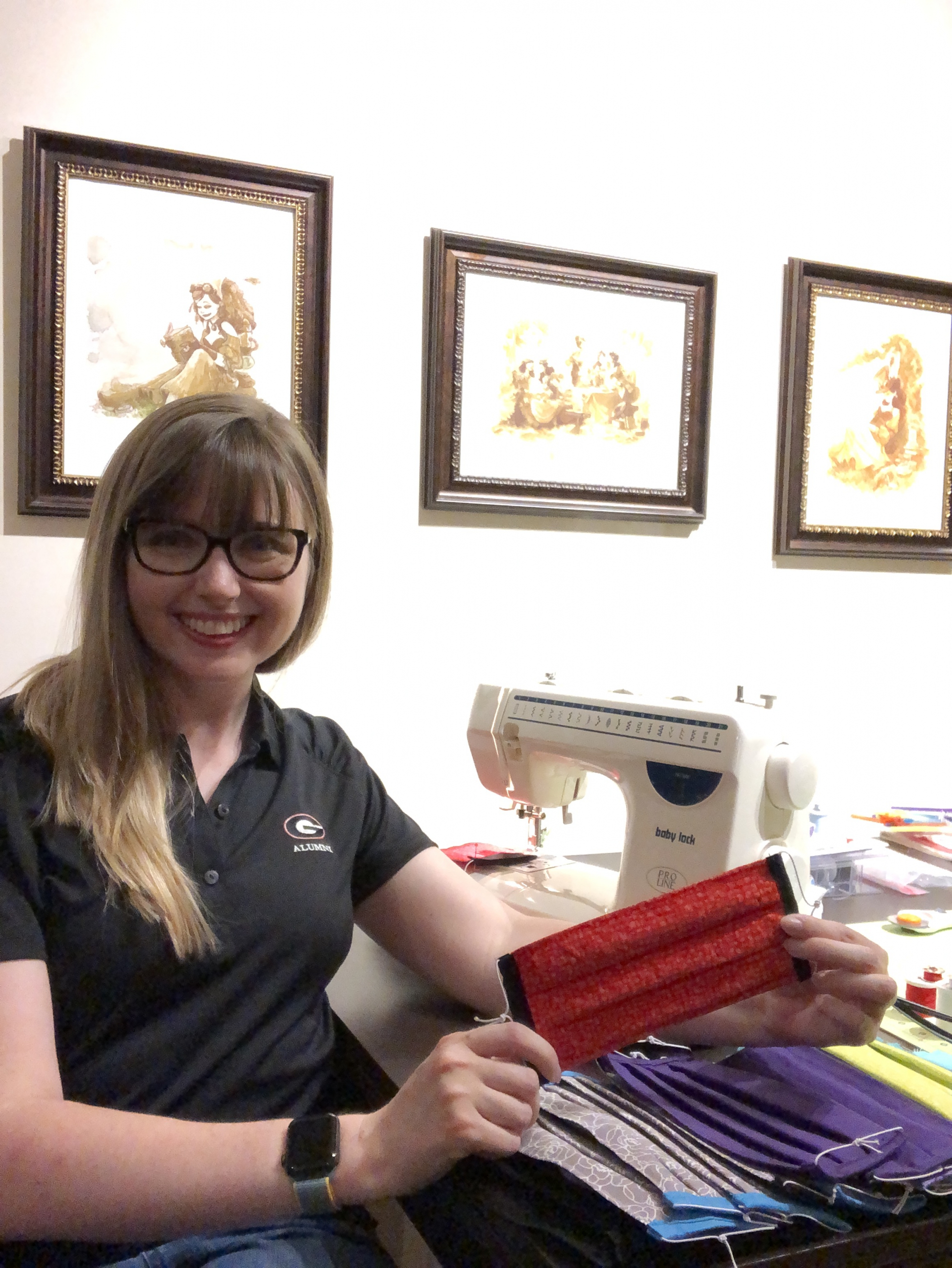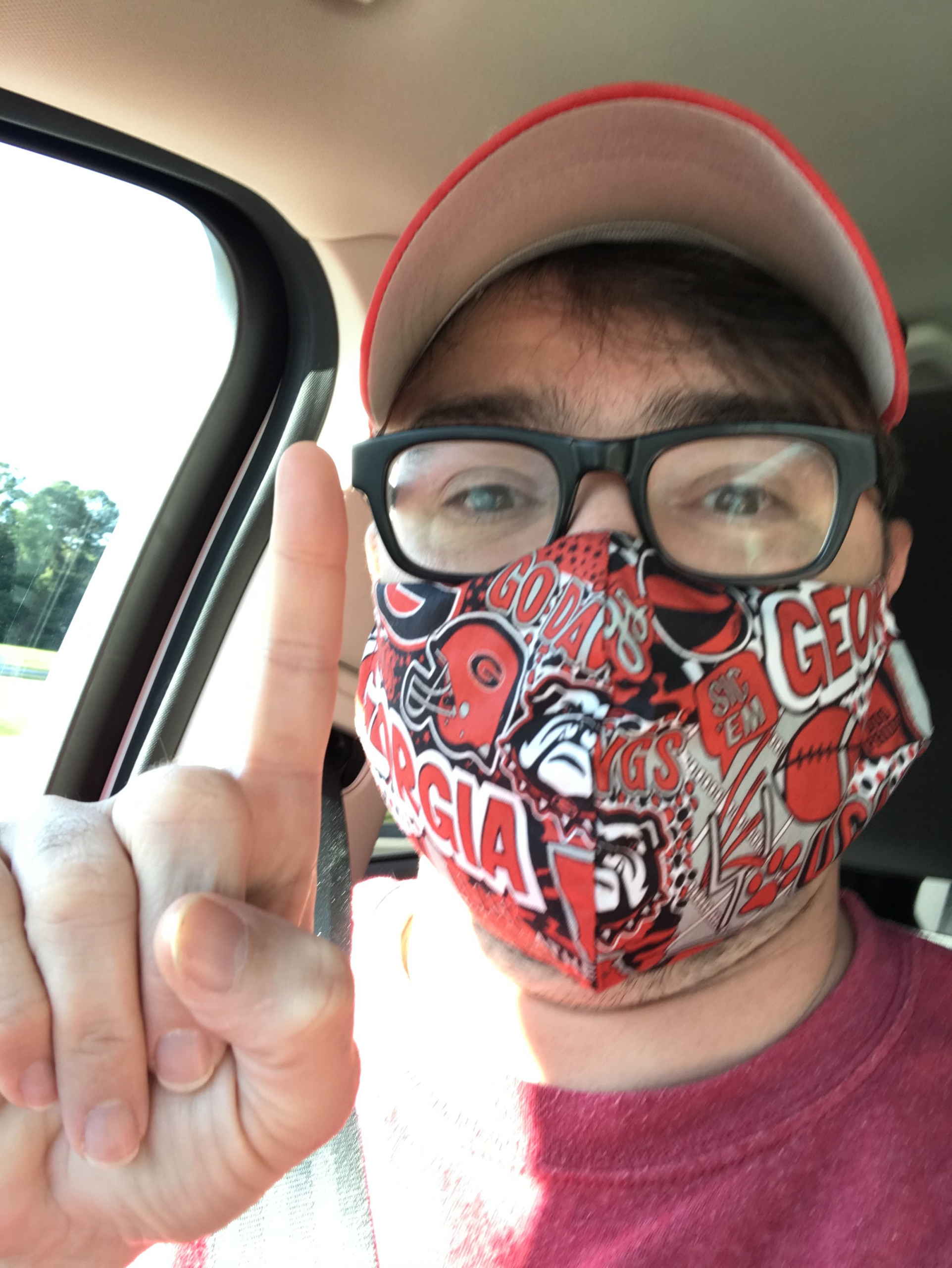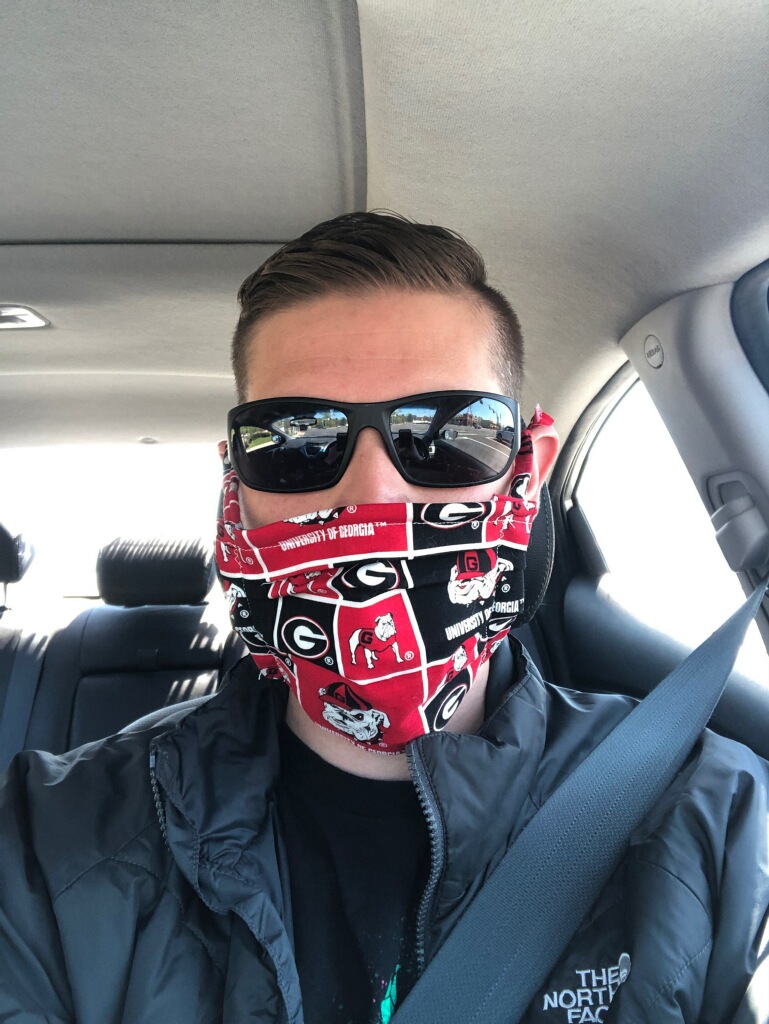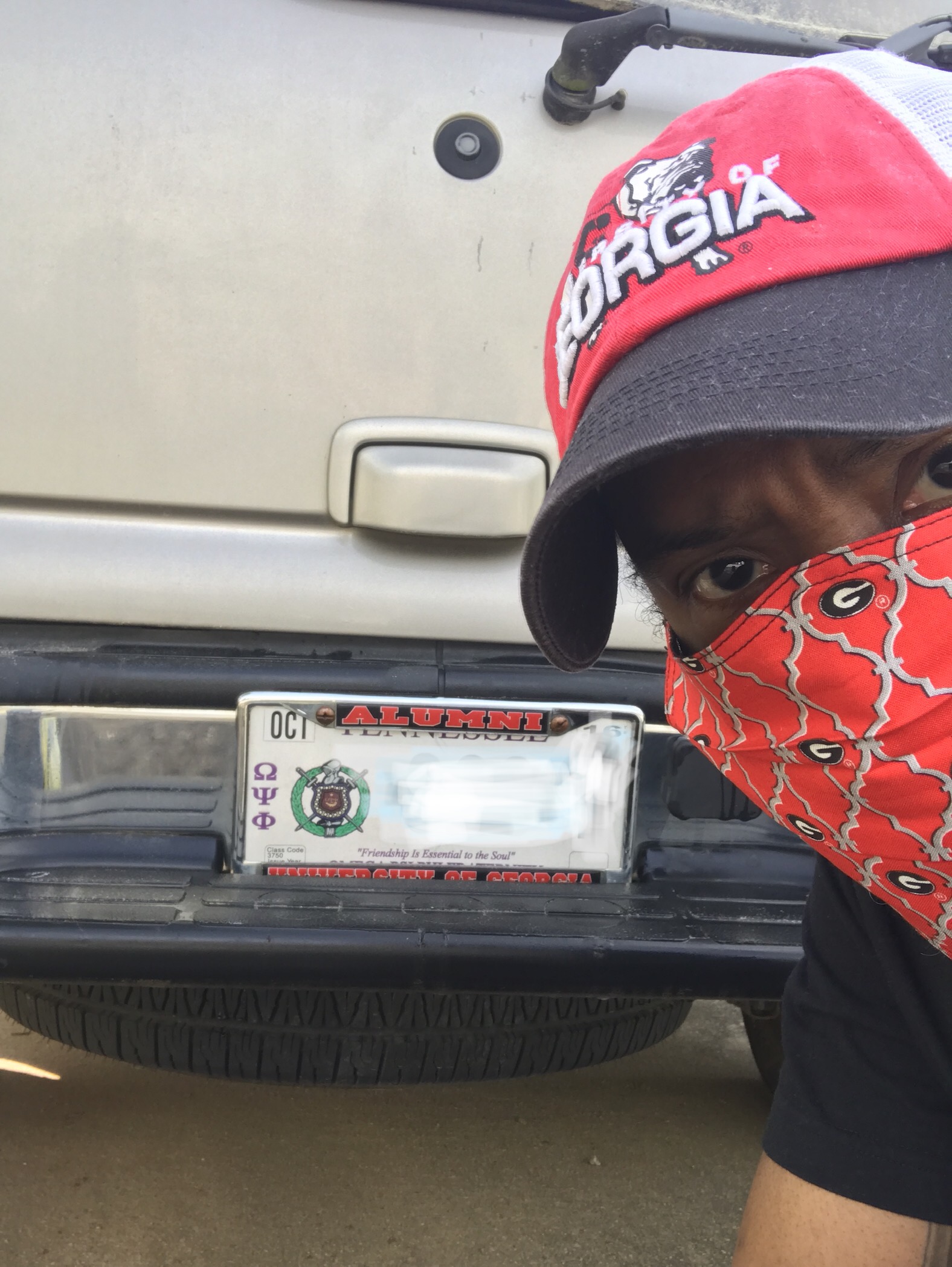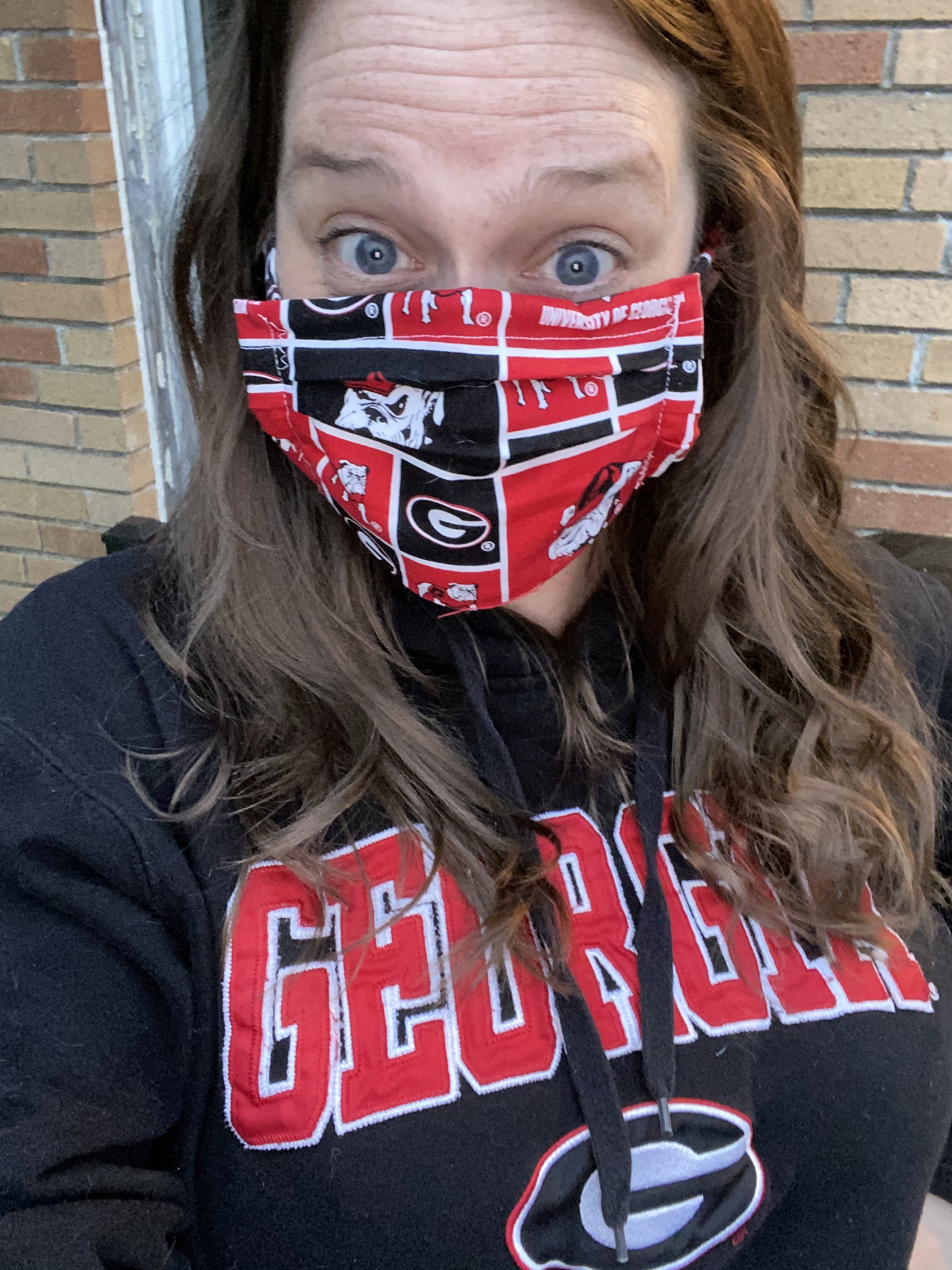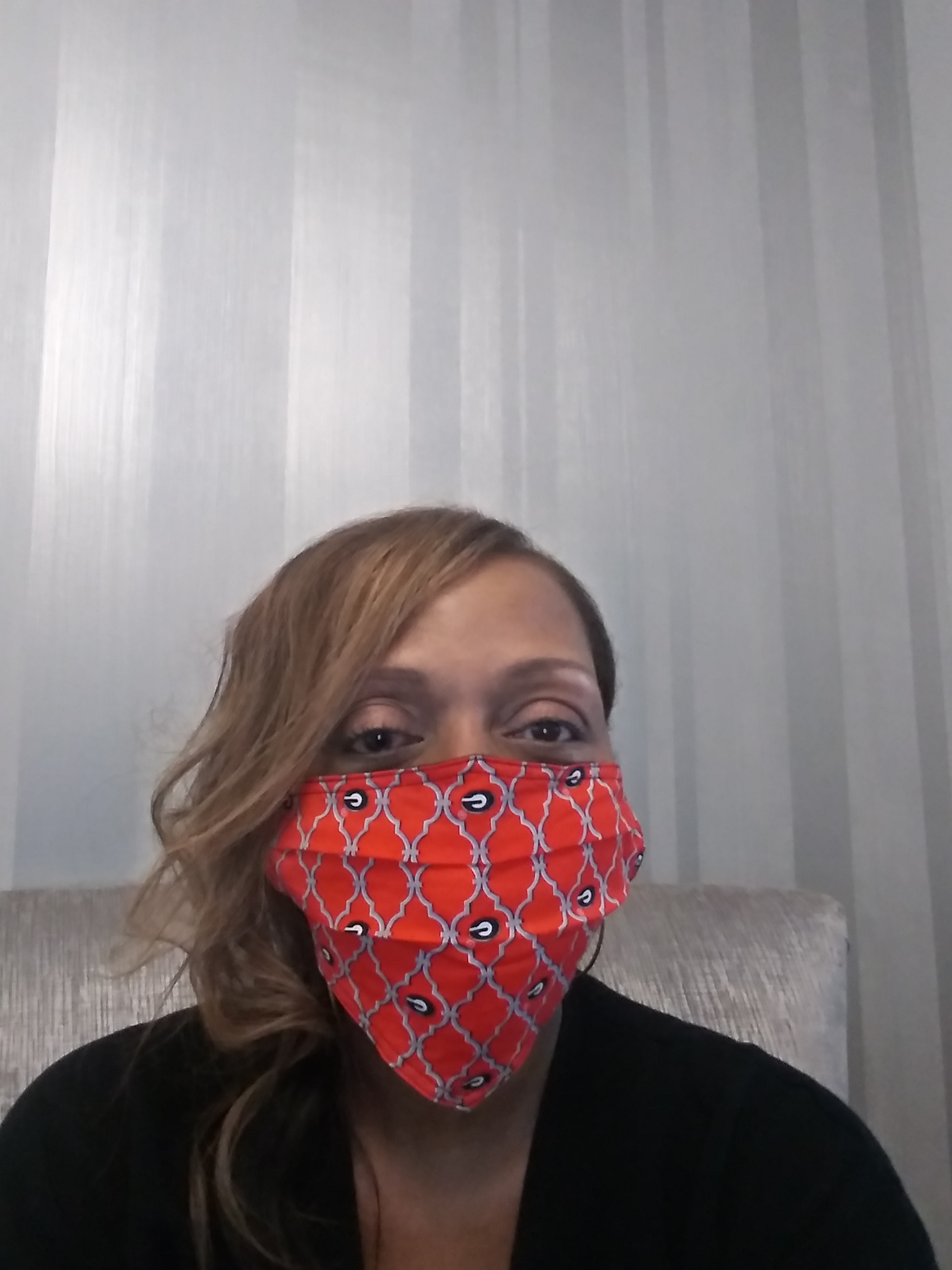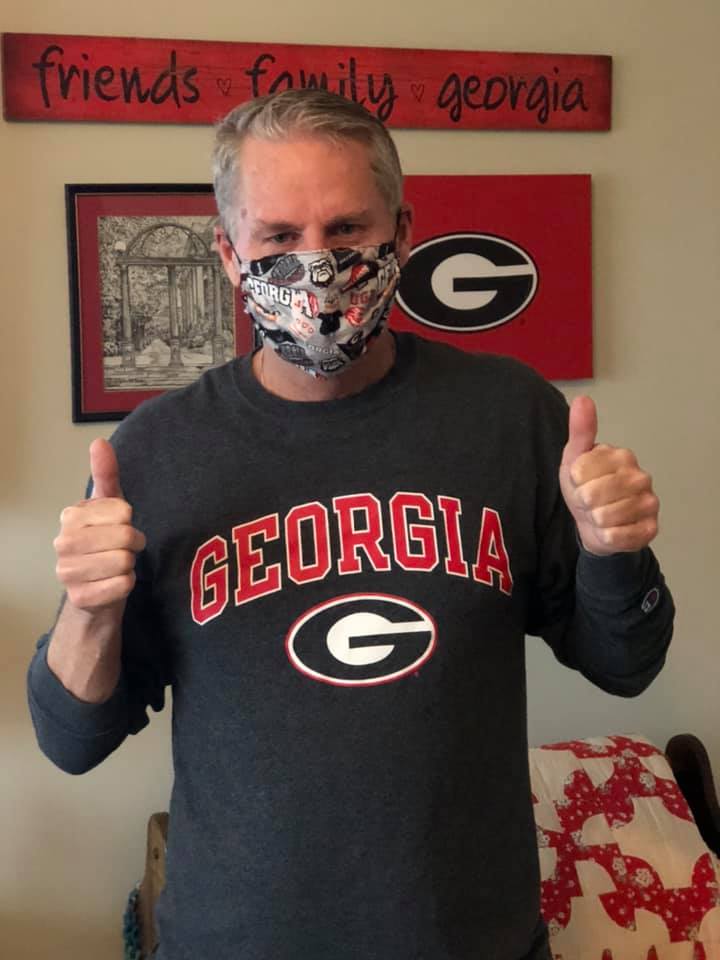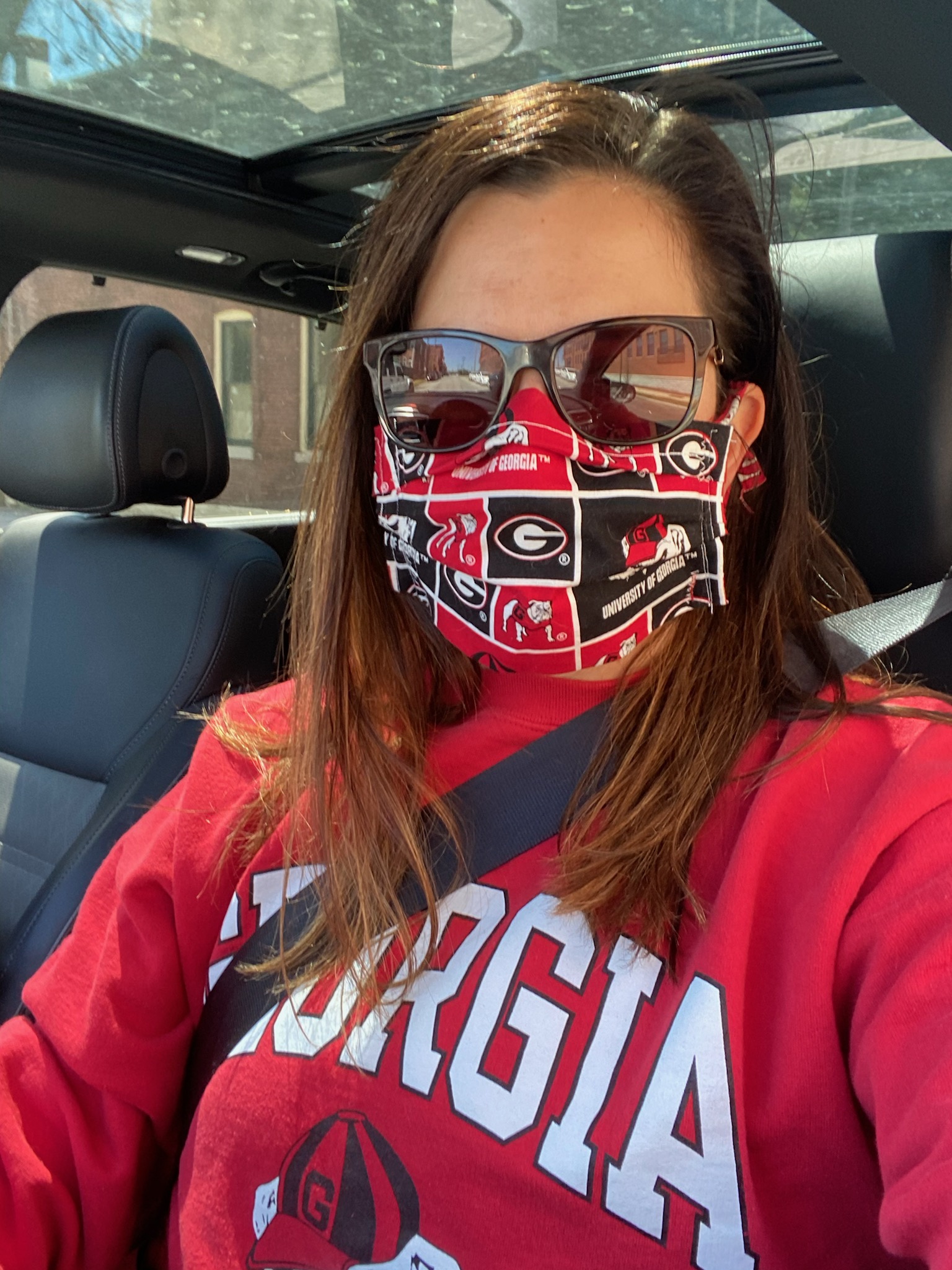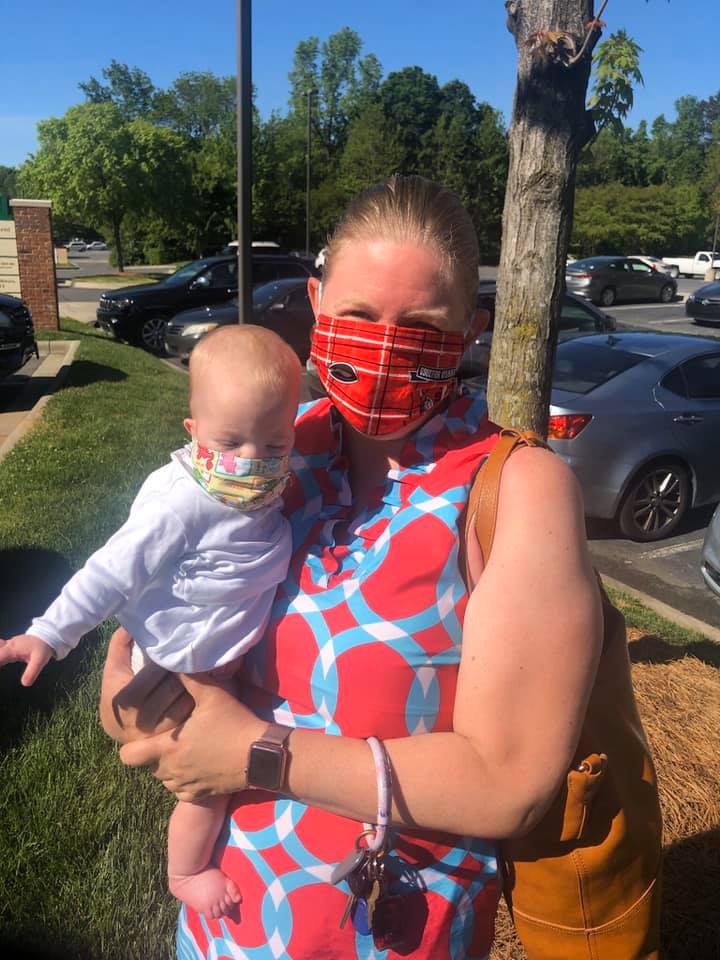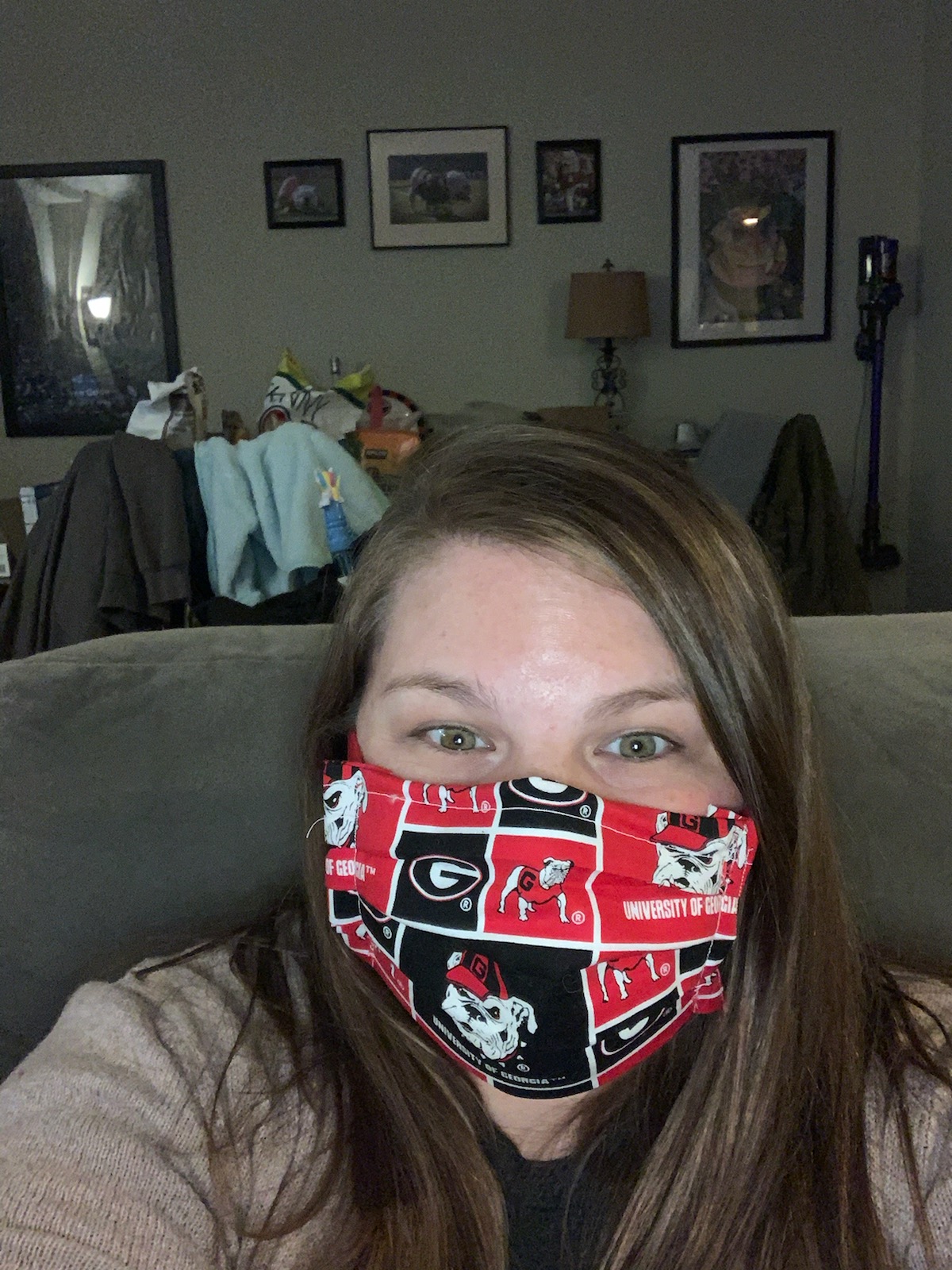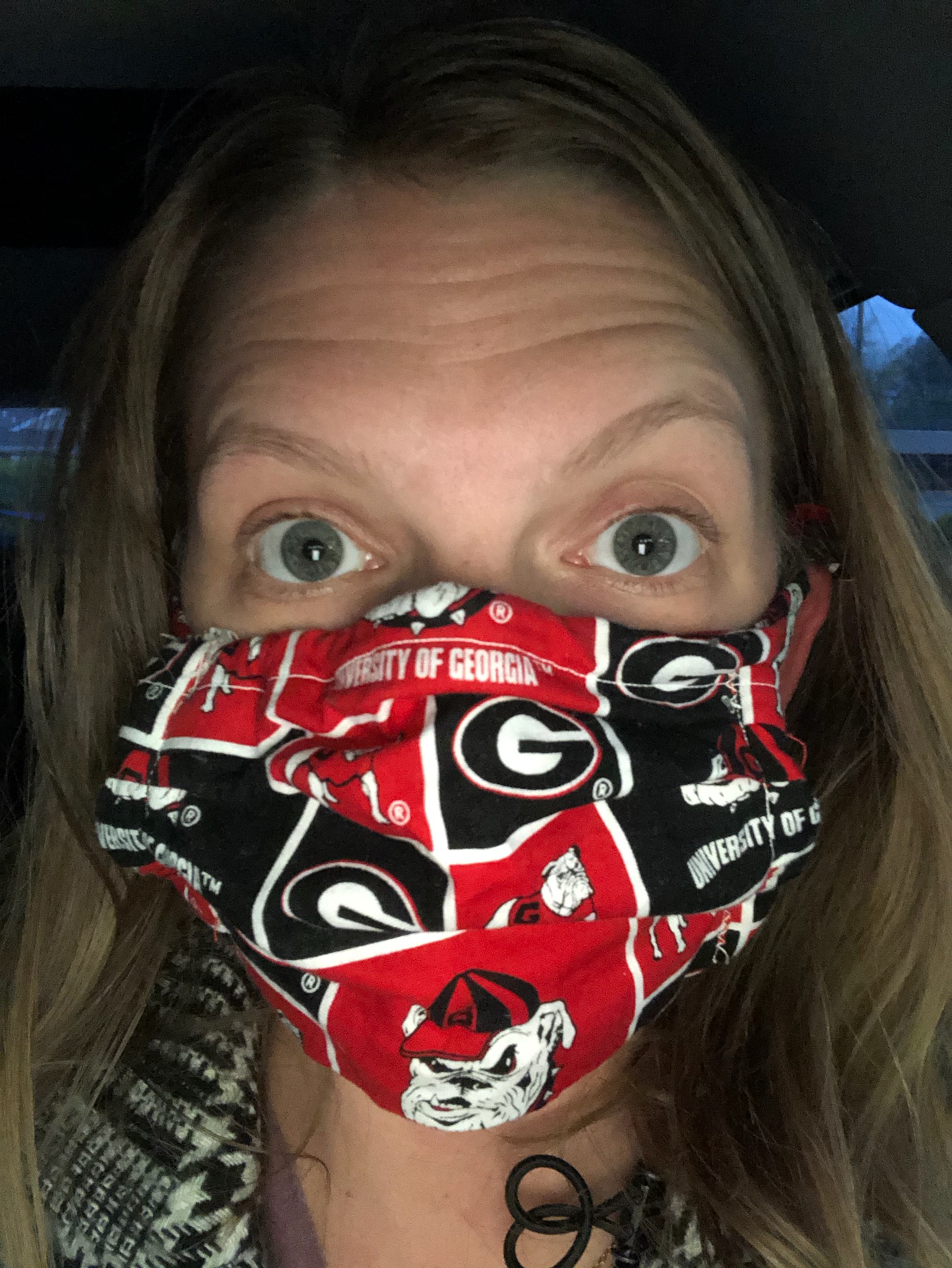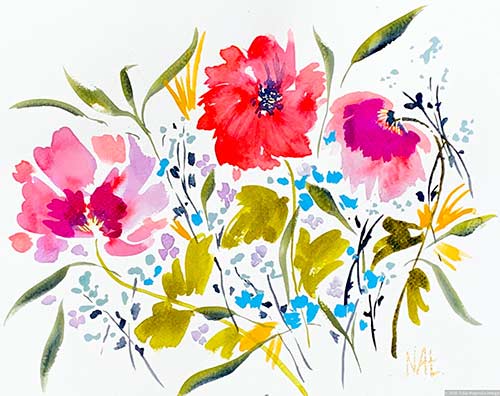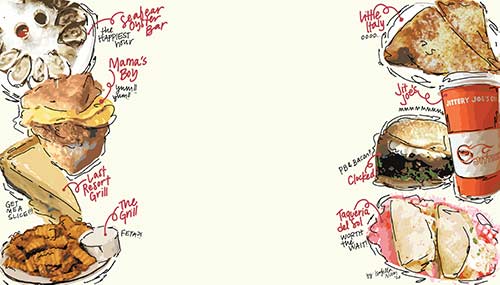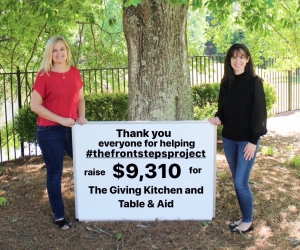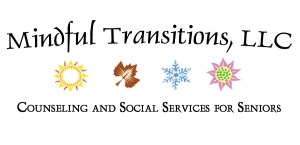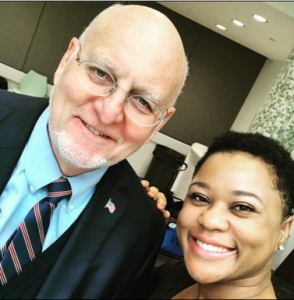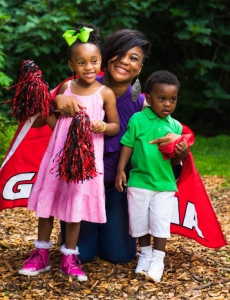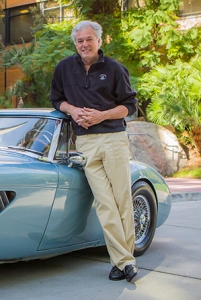Bulldogs help music community in time of need
Last year was uncharted territory for musicians, music venues and the overall music community. They struggled without the ability to host live music events and festivals—but a few UGA alumni are committed to assisting the industry weather the storm on a local, state and national level.
Keepin’ it local
Athens is known for its vibrant music scene. Most of the musicians at the heart of that scene have benefited from rehearsing at Nuçi’s Space, a nonprofit musician’s resource center that has been around for 20 years and is led by Executive Director Bob Sleppy (BS ’05, MBA ’10). Immediately after COVID-19 forced schools and businesses to shut down, Nuçi’s Space established the Garrie Vereen Memorial Emergency Relief Fund to support musicians, artists, venue staff, crew employees, and everyone else who makes Athens’s well-known entertainment venues thrive. The fund raised $10,000 within four days and distributed over $130,000 in emergency financial aid to 310+ individuals in the Athens-area entertainment industry. While working from home, the Nuçi’s Space staff made over 600 phone calls to check in on fellow musicians who usually frequent Nuçi’s Space, letting them know about the fund and providing encouragement.
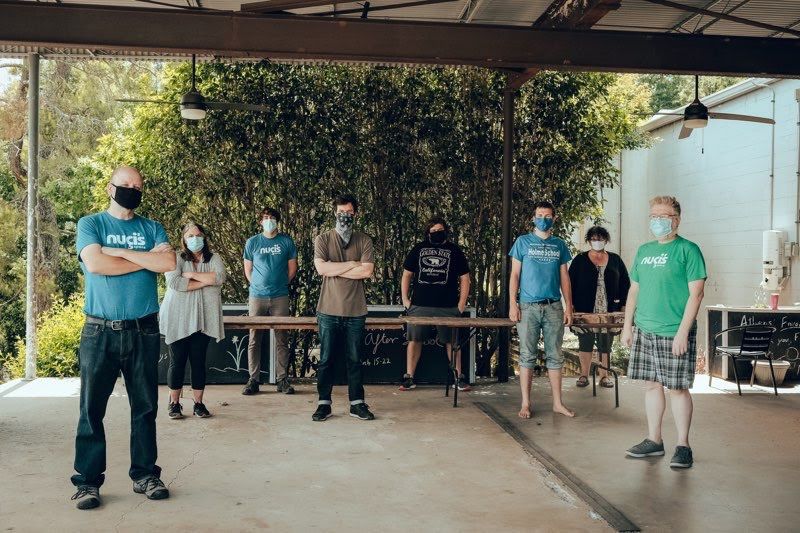
Across the state
The Georgia Music Foundation Board of Directors continues to distribute their annual grants and also approved the creation of the Georgia Music Relief Fund to award grants to those in the state’s music community who have been negatively affected by venue closures and tour cancellations. The board includes three UGA graduates, including Board Chair Dallas Davidson (M ’00), George Fontaine, Jr. (ABJ ’04) and Russell Bennett (BSA ’00). The Savannah Music Festival (SMF) is a multi-year grant recipient of the foundation and while the SMF was postponed in 2020, Managing Director Erin Tatum (AB ’08, BBA ’08, MPA ’14) noted that they were able to pivot and continue engaging patrons. The SMF is hosted over 17 days each year and showcases hundreds of musicians from around the world. The festival provides free music education to 10,000+ students in coastal Georgia and South Carolina schools. Since the pandemic, SMF has taken its Musical Explorers program for K-12 virtual and is now providing music education to children nationwide.

A national focus
MusiCares, the nonprofit arm of the Recording Academy, is led by UGA graduate Debbie Carrol (MSW ’93). Its mission is to “provide resources to music people in times of need.” By the end of 2020, MusiCares distributed over $20 million in assistance. After launching an online application in March, Debbie’s team of 12 was manually vetting 500–600 applications per week and distributed $1,000 grants to 20,000 individuals nationwide. MusiCares was thrilled to see 1,600+ artists donate to the cause along with a number of well-known companies within the music and streaming services industries. In addition to providing financial assistance, MusiCares provided additional support by conducting a mental health survey and created virtual programming that included topics from adjusting to life off the road to how to incorporate mediation into your day. Due to her impressive leadership during the challenges of the pandemic, Pollstar named Debbie to its ‘2020 Impact 50’ list, which honors music executives who are improving the live entertainment industry.
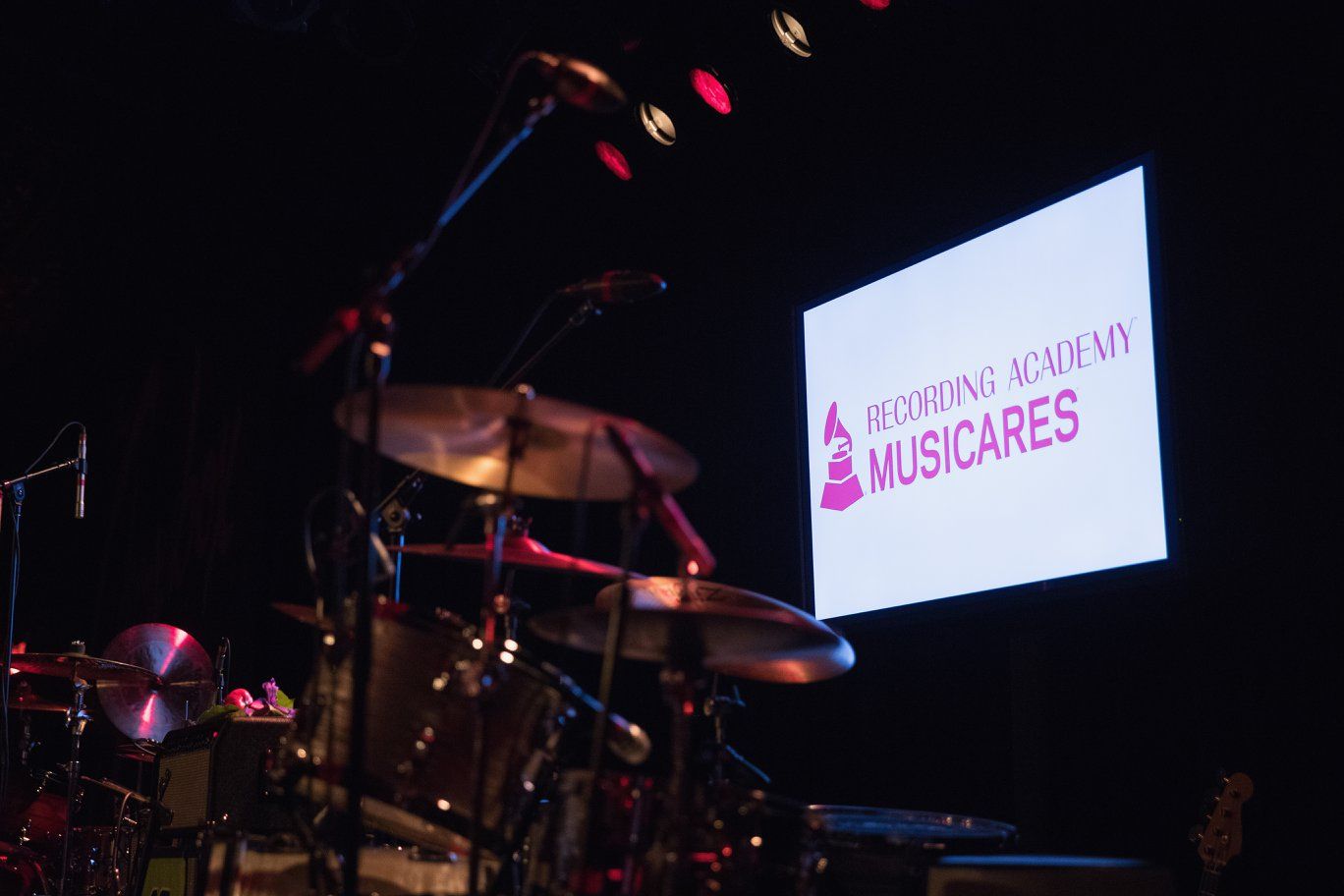
There are countless others in the Bulldog family who are doing great things to keep the music industry alive and well until live music venues reopen, tours can recommence, and those working in the industry are back on their feet. We’re proud of all those alumni who stepped up last year and continue to do so … because when Bulldogs come together, they change the world.
UGA’s Music Business Program prepares the next generation of change-makers in the music industry. Learn more about the program at the video below. Want to help enhance its offerings? Make a gift today!

